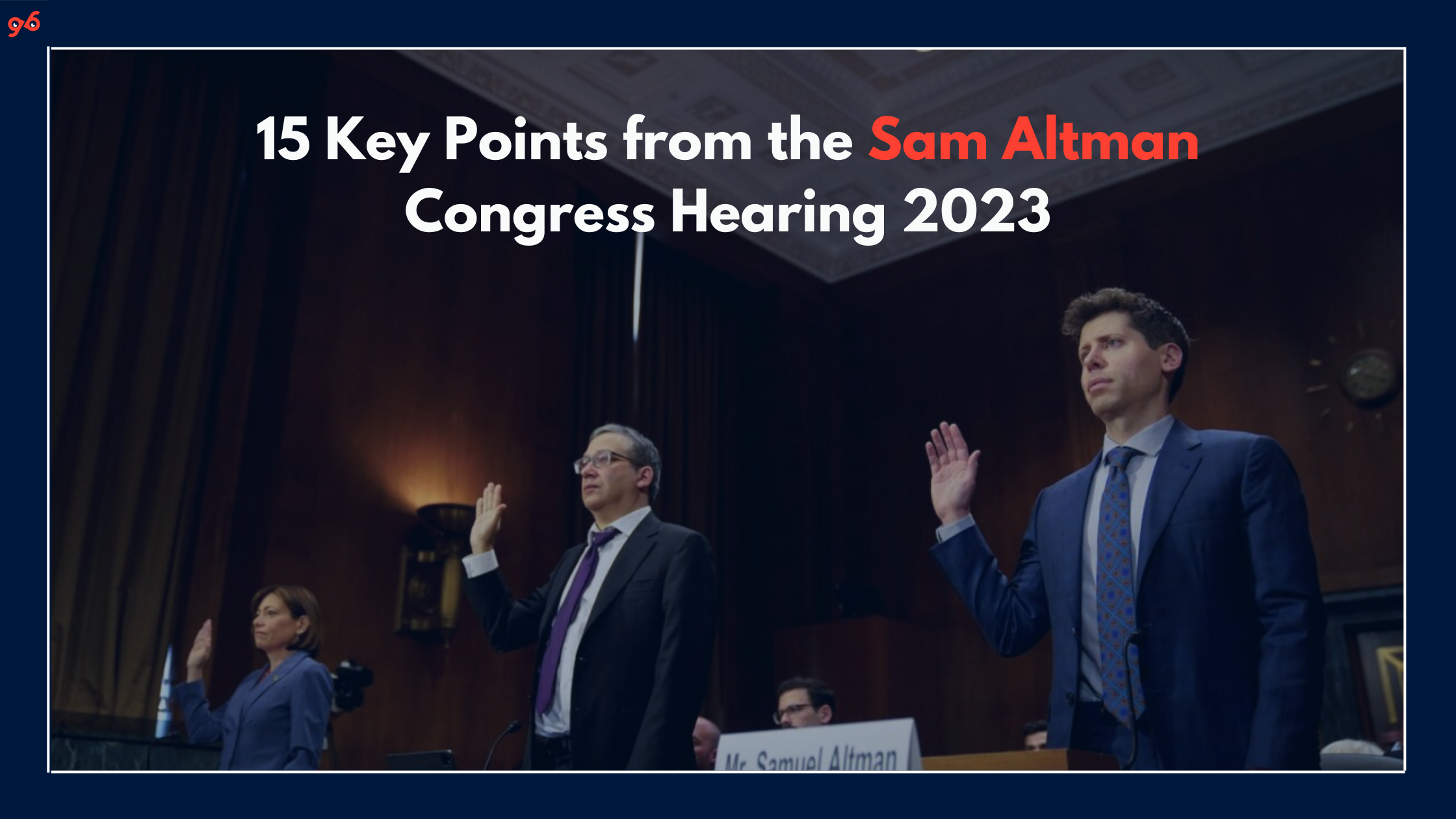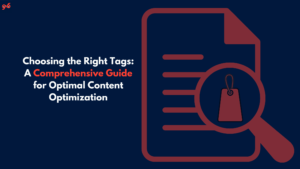The Sam Altman Congress hearing in 2023 was a landmark event, gathering some of the brightest minds in technology and entrepreneurship. As the former president of Y Combinator, Altman’s testimony carried significant weight. In this blog post, we have distilled the fifteen most crucial points from the hearing, shedding light on the topics discussed and the insights shared. From artificial intelligence to privacy concerns and innovation, these key takeaways offer valuable insights into the future of technology and its impact on society.
Background on Sam Altman
Sam Altman is a prominent figure in the technology and startup ecosystem. Born on April 22, 1985, Altman is an American entrepreneur, investor, and computer programmer. He gained recognition as the president of Y Combinator, one of the most prestigious startup accelerators in the world. Under his leadership, Y Combinator became synonymous with fostering innovation and supporting early-stage startups. Altman’s passion for technology and entrepreneurship led him to make significant contributions to the industry. He has invested in numerous successful companies and is known for his visionary thinking and insightful perspectives on the future of technology. Altman’s expertise and influence have made him a sought-after speaker and thought leader, shaping the direction of the startup ecosystem and inspiring aspiring entrepreneurs around the globe.
Overview of the Congress Hearing
The Congress hearing served as a platform for policymakers and industry experts to discuss the implications of AI in today’s world. It explored a wide range of topics, including ethics, regulation, job displacement, data privacy, national security, and more. Let’s delve into the key points raised during the hearing.
Here are 15 Key Points from the Sam Altman Congress Hearing.
1. Opening Statements
During the hearing, Sam Altman began with an impactful opening statement, highlighting the significance of artificial intelligence (AI) and its potential to revolutionize various industries. His eloquent introduction immediately captured the attention of the audience and set the tone for the subsequent discussions.
2. Ethical Considerations in AI Development
Altman emphasized the importance of prioritizing ethical considerations in the development and deployment of AI technologies. He stressed the need for comprehensive frameworks and guidelines to ensure responsible use of AI, safeguarding against potential negative consequences.
3. Collaboration Between Industry and Government
One key theme throughout the hearing was the call for closer collaboration between the industry and government. Altman stressed the necessity of regulatory frameworks that promote innovation while maintaining accountability and addressing societal concerns.
4. Job Displacement and Workforce Reskilling
Addressing a common concern, Altman discussed the potential impact of AI on jobs and the need for proactive measures to reskill and upskill the workforce. He proposed initiatives that focus on lifelong learning, enabling individuals to adapt to the changing job landscape brought about by AI.
5. AI and Healthcare
Altman highlighted the transformative potential of AI in the healthcare sector. From improving diagnostics to enabling more personalized treatments, AI can revolutionize healthcare delivery and enhance patient outcomes. Altman expressed optimism about the positive impact AI will have on society’s well-being.
6. Ensuring Data Privacy and Security
Data privacy and security were significant points of discussion during the hearing. Altman stressed the importance of robust privacy measures and the responsible use of data. He proposed implementing stringent regulations to protect individuals’ privacy while fostering innovation.
7. Education and AI Integration
Altman emphasized the need to integrate AI into educational systems, from early childhood to higher education. He envisioned a future where AI-powered tools enhance learning experiences and equip students with the skills needed for the jobs of tomorrow.
8. Addressing Bias in AI Algorithms
Bias within AI algorithms was another crucial topic covered during the hearing. Altman acknowledged the presence of bias and advocated for transparency, accountability, and ongoing efforts to mitigate and eliminate bias in AI systems.
9. AI and Climate Change Solutions
Altman discussed the potential of AI in addressing climate change challenges. From optimizing energy consumption to enabling more accurate climate models, AI can play a significant role in developing sustainable solutions to combat this global issue.
10. AI Safety and Regulation
Ensuring the safety of AI systems was a prominent concern addressed by Altman. He highlighted the need for rigorous testing and standards to minimize risks associated with AI deployment. Altman advocated for a balanced approach that fosters innovation while prioritizing safety.
11. AI in Autonomous Vehicles
Autonomous vehicles were a subject of great interest during the hearing. Altman discussed the potential of AI in advancing autonomous vehicle technology, improving road safety, and transforming transportation systems.
12. AI and Cyber-security
Altman stressed the importance of AI in strengthening cyber-security measures. By leveraging AI’s capabilities, organizations can detect and respond to cyber threats more effectively, bolstering the overall security of digital systems.
13. Ethical Decision-Making by AI
Altman emphasized the need to imbue AI systems with ethical decision-making capabilities. He discussed ongoing research in the field of AI ethics and the importance of developing AI algorithms that prioritize ethical considerations. Altman acknowledged the complexities involved but highlighted the significance of ensuring that AI systems make decisions aligned with human values and societal norms.
14. AI and Economic Inequality
During the hearing, Altman acknowledged the potential for AI to exacerbate economic inequality. He emphasized the need for proactive measures to address this issue, such as redistributive policies and inclusive economic opportunities that leverage AI technologies for the benefit of all.
15. Future Collaboration and Innovation
The final point from the Sam Altman Congress hearing emphasized the importance of continued collaboration and innovation in the field of AI. Altman called for stakeholders from various sectors to work together, fostering an ecosystem that encourages the responsible development and deployment of AI technologies.
Conclusion
In conclusion, the Congress hearing featuring Sam Altman in 2023 shed light on numerous critical aspects of AI and its impact on society. Altman’s insights and expertise provided valuable guidance for policymakers, industry leaders, and individuals alike. From addressing ethical considerations to promoting collaboration, the hearing emphasized the need for responsible and inclusive AI development. As we move forward, incorporating these key points into our approach will pave the way for a future where AI serves as a powerful tool for positive change.
FAQs
Regulating AI requires a multifaceted approach. It involves developing clear guidelines and standards that prioritize ethical considerations such as fairness, transparency, and accountability. Collaboration between government, industry experts, and academia is crucial in establishing regulatory frameworks that strike a balance between innovation and ethical practices. Regular audits, independent oversight, and public input can also play a role in ensuring AI systems adhere to ethical standards.



